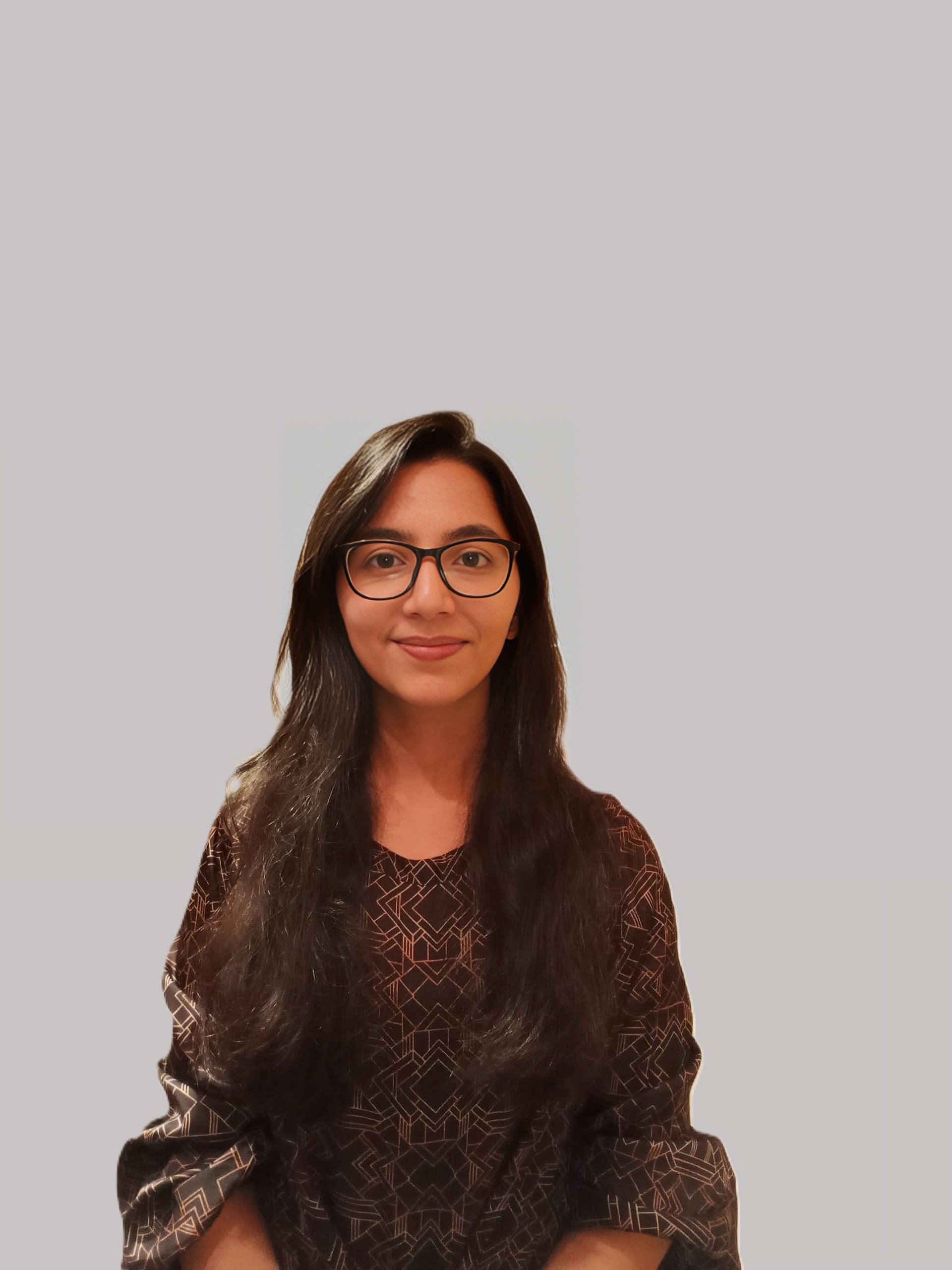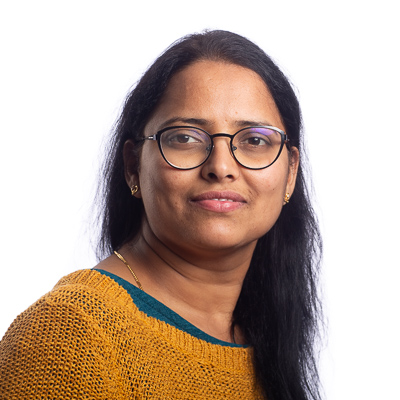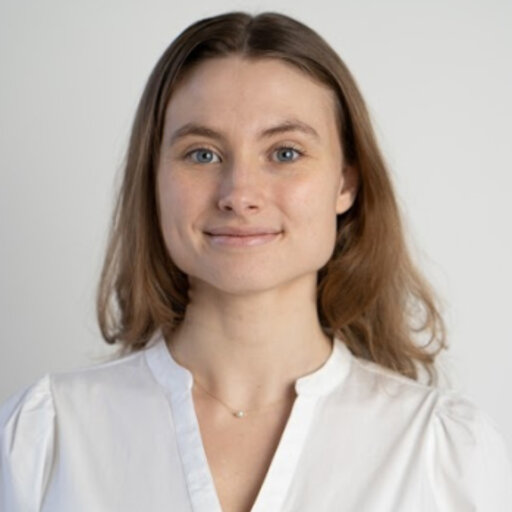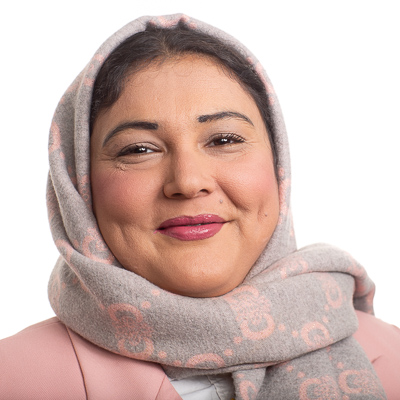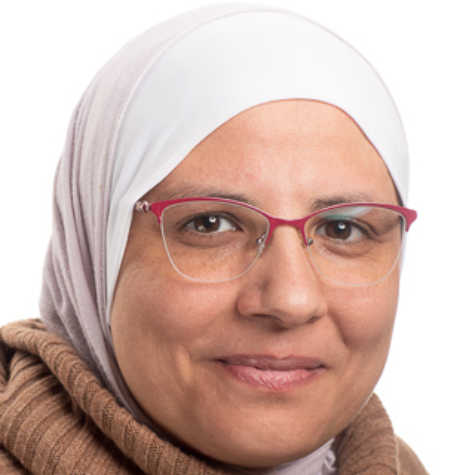Computing Education research
Computing Education research
Aamna Rais Ahmed
Role in Excited: PhD Candidate
Aamna Rais Ahmed joined Excited in 2023 as a Doctoral Research Fellow. Her expertise is in blended and digital pedagogies. She has seven years of working experience with the British Council to transform public libraries into third spaces and with UNICEF Pakistan on implementing the Learning Passport in South Asia, particularly in Pakistan, India, China, Nepal, Sri Lanka, Bangladesh, and Afghanistan. The highlights of her profession are the projects where she implemented an accelerated curriculum in South Asia to bridge the learning gaps caused by the COVID-19 pandemic in K-12 education.
Her PhD project focuses on exploring Blended Learning in project-based courses in higher computing education. Through an exploratory sequential mixed-method research design, the project aims to conceptualize blended learning in project-based courses, and analyze experiences of various stakeholders, including students, teachers, and industry representatives who are engaged in project-based courses in blended learning environment. Through the administration of a large quantitative survey, she will also analyze the complex relationships among various factors influencing stakeholders' experiences and how these experiences are formed and nurtured in a blended learning environment. The results of her PhD project could support teachers in designing technology-mediated learning activities and evaluating learning experiences.
Aparna Chirumamilla
Role in Excited: Postdoc
Area of Research:
- Computing Education Research (CER)
- Higher Education
- Learning outcomes and structure
- Non-technical skills development and assessment
- Active Learning
- Pedagogical Approaches
Aparna Chirumamilla's research focuses on developing comprehensive learning outcomes and a structured curriculum for software engineering education, integrating the assessment of essential non-technical skills such as communication, teamwork, and critical thinking. Her work involves analyzing existing curricular frameworks and assessment methodologies through systematic literature reviews and empirical studies, aiming to align educational objectives with industry needs. The goal of her research is to create a curriculum structure that combines technical and soft skills with the support of AI tools, enhancing the readiness of graduates for the workforce.
Izabella Jedel
Role in Excited: PhD Candidate
Area of Research:
- Gamification
- Higher Education
- Design Research
- Need Supportive Learning Environments
Izabella Jedel's research focuses on gamification, the application of game elements in non-game contexts. More specifically, her work explores how to design gamification in higher education to support students' basic psychological needs for autonomy—enhancing their sense of volition—and competence—fostering experiences of effectiveness—while promoting intrinsic motivation.
Attiqa Rehman
Role in Excited: Postdoc
Attiqa Rehman's research focuses on integrating sustainability competencies into Software Engineering (SE) curricula by redesigning Course Learning Outcomes (CLOs) to align with sustainable development principles. Recognizing the critical role of technology in shaping modern society, her work emphasizes the need for future software engineers to develop not only technical expertise but also an understanding of environmental, social, and economic sustainability. Her research explores how sustainability competencies—such as ethical responsibility, resource efficiency, and long-term impact assessment—can be systematically embedded within SE education.
By leveraging Technology-Enhanced Learning (TEL) and pedagogical strategies, she aims to develop a curriculum framework that fosters sustainability awareness and decision-making skills among students. Additionally, her work examines the role of scheduling, load balancing, and fault tolerance in heterogeneous multiprocessor environments to optimize resource usage in sustainable computing. Through this interdisciplinary approach, her research seeks to bridge the gap between SE education and global sustainability goals, preparing graduates for responsible and future-ready engineering practices.
Somayeh Bayat Esfandani
Role in Excited: PhD candidate
Area of Research:
- Technology-enhanced learning
- Computing education
- Human-Computer Interaction
Somayeh is a PhD candidate who began her PhD in August 2023. She has a background in Human-Computer Interaction (HCI) and several years of industry experience. Her research focuses on developing peer assessment tools to enhance learning in computing education within higher education. She is particularly interested in designing AI-powered tools to improve various phases of peer assessment. Currently, she is investigating the impact of AI-driven automatic summarization of multi-peer feedback on feedback implementation in programming courses. The findings of her research can inform further studies in this area and contribute to the development of more effective peer assessment tools.
Bashira Jaradat
Role in Excited: PhD Candidate
Area of Research:
- Sustainability in computing education
Bashira Jaradat's research focuses on integrating sustainability cases into higher computing education, with a particular emphasis on Human-Computer Interaction (HCI) education. Her work explores the implementation of sustainability cases and sustainability analysis within HCI courses, examining relevant pedagogical approaches and the challenges associated with integrating sustainability into the curriculum. Additionally, her research investigates the effects of this integration on both the design process and the learning experience, aiming to equip students with the necessary skills for sustainability consideration in HCI design.
Gabrielle Hansen
Role in Excited: Researcher
Area of Research:
- Formative assessment
- Feedback as formative assessment in higher education
- Role changes
- Dialogue (student-student, student-instructor)
- Reflection (inner dialogue)
- Goal orientation as a motivational factor in higher education
- Mastery learning
- Interactive learning spaces (development, training, and evaluation)
- Use of response technology in teaching and assessment
- Peer mentoring
Researcher at Excited and part of SEED, Center for Science and Engineering Education Development.
Research leader for TettPÅ, NTNU Toppundervisning.

